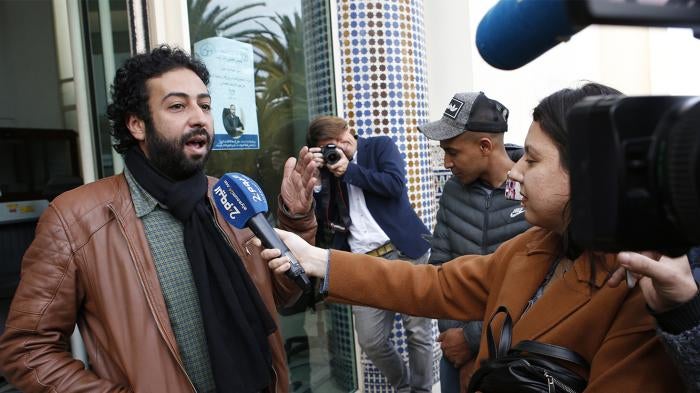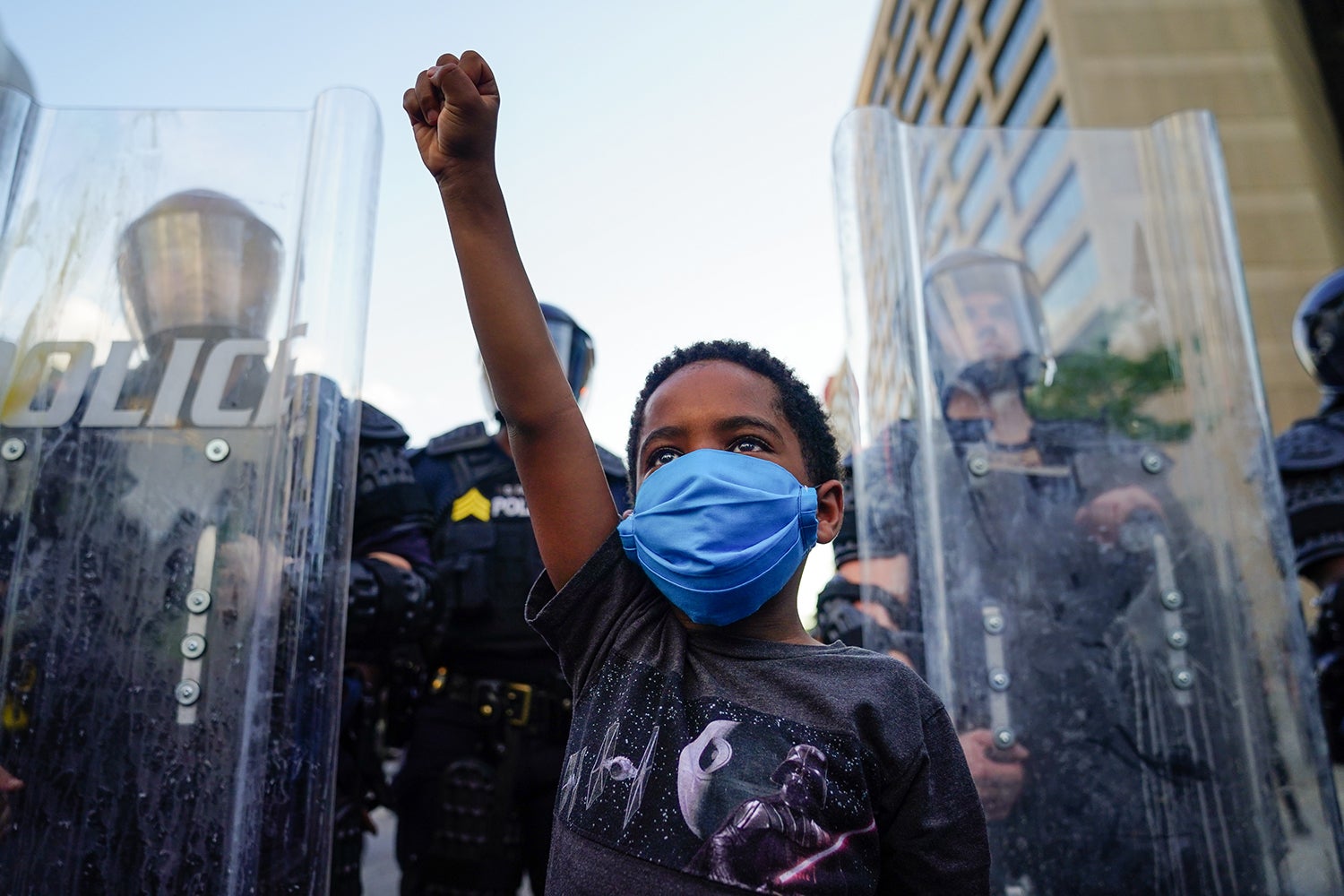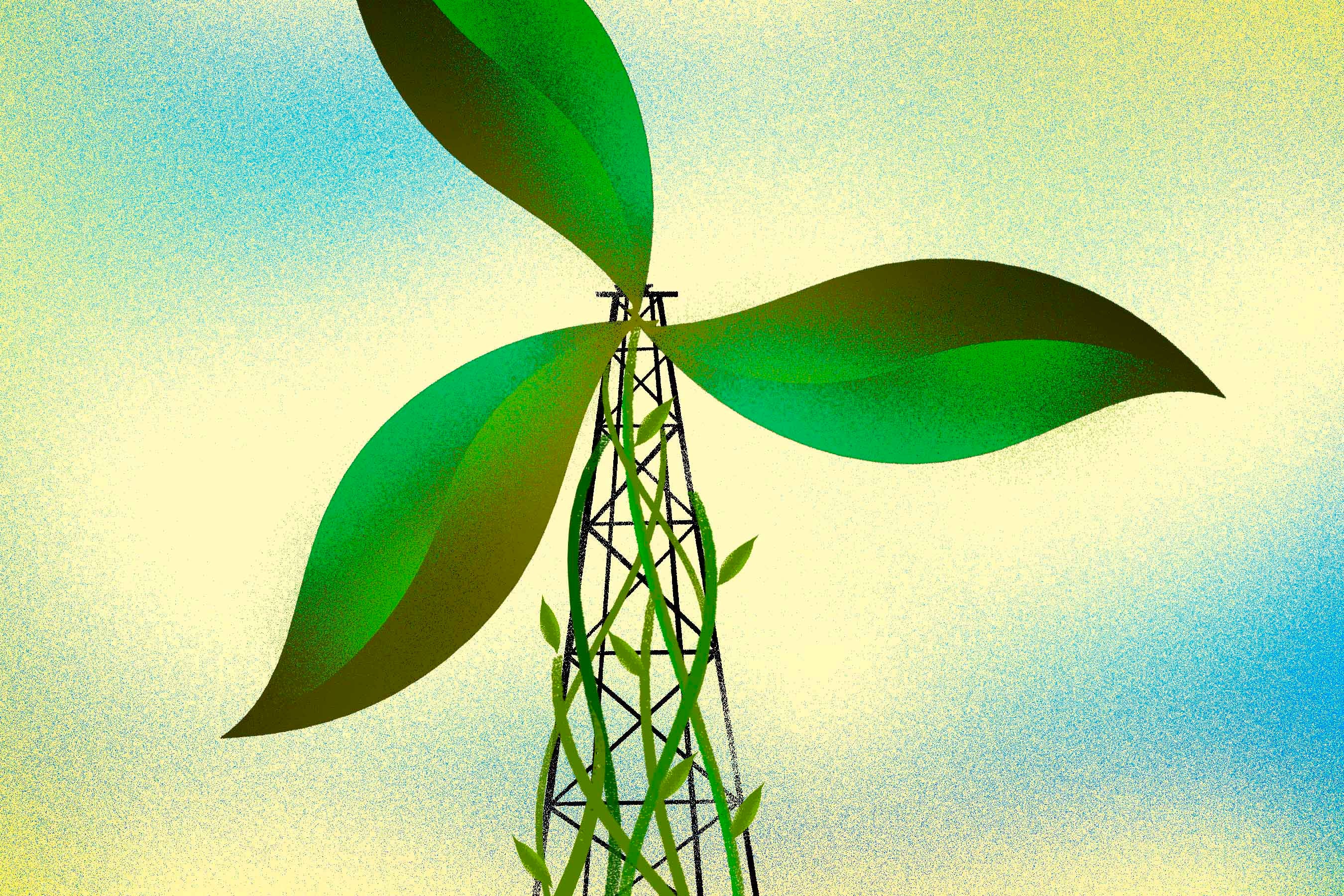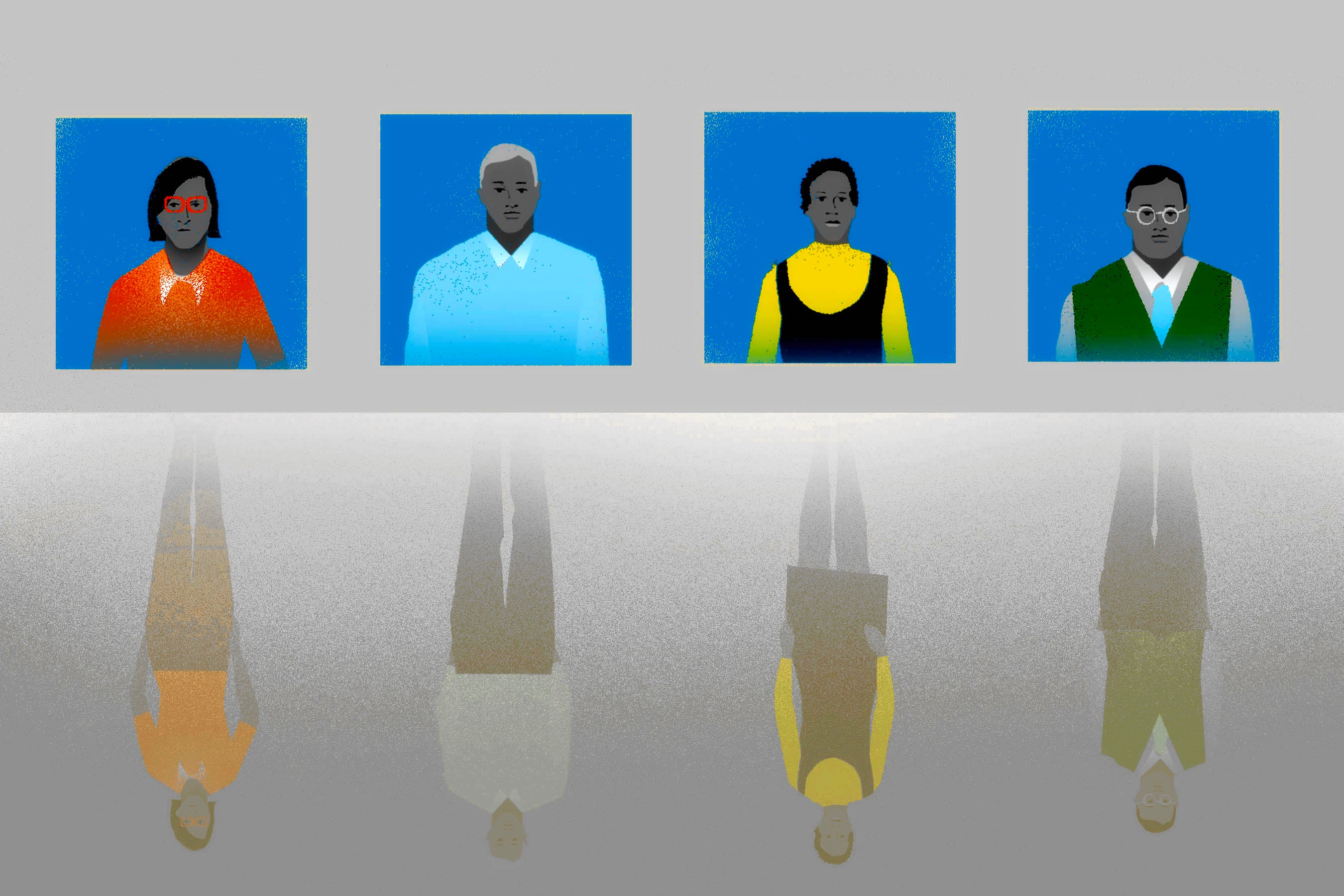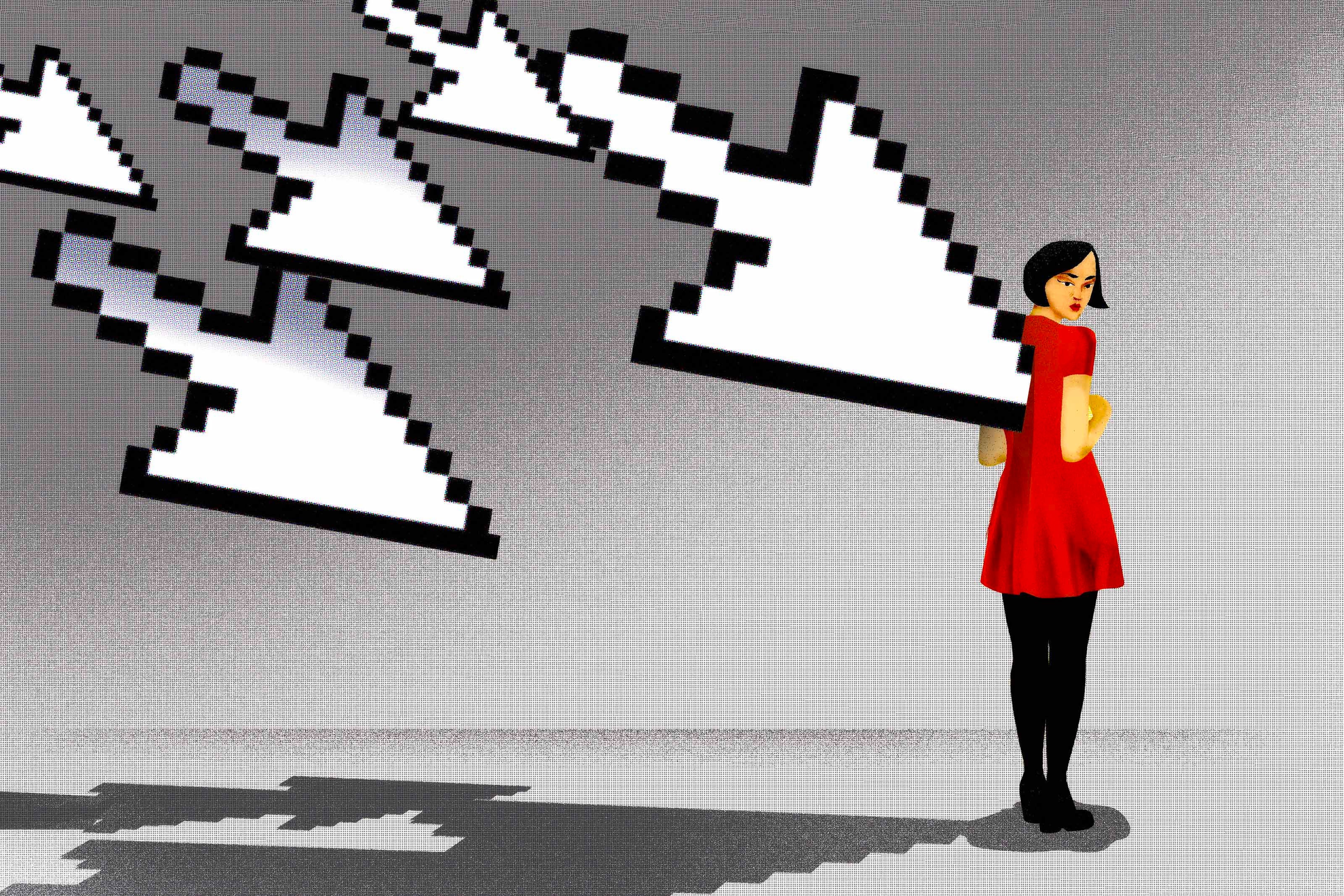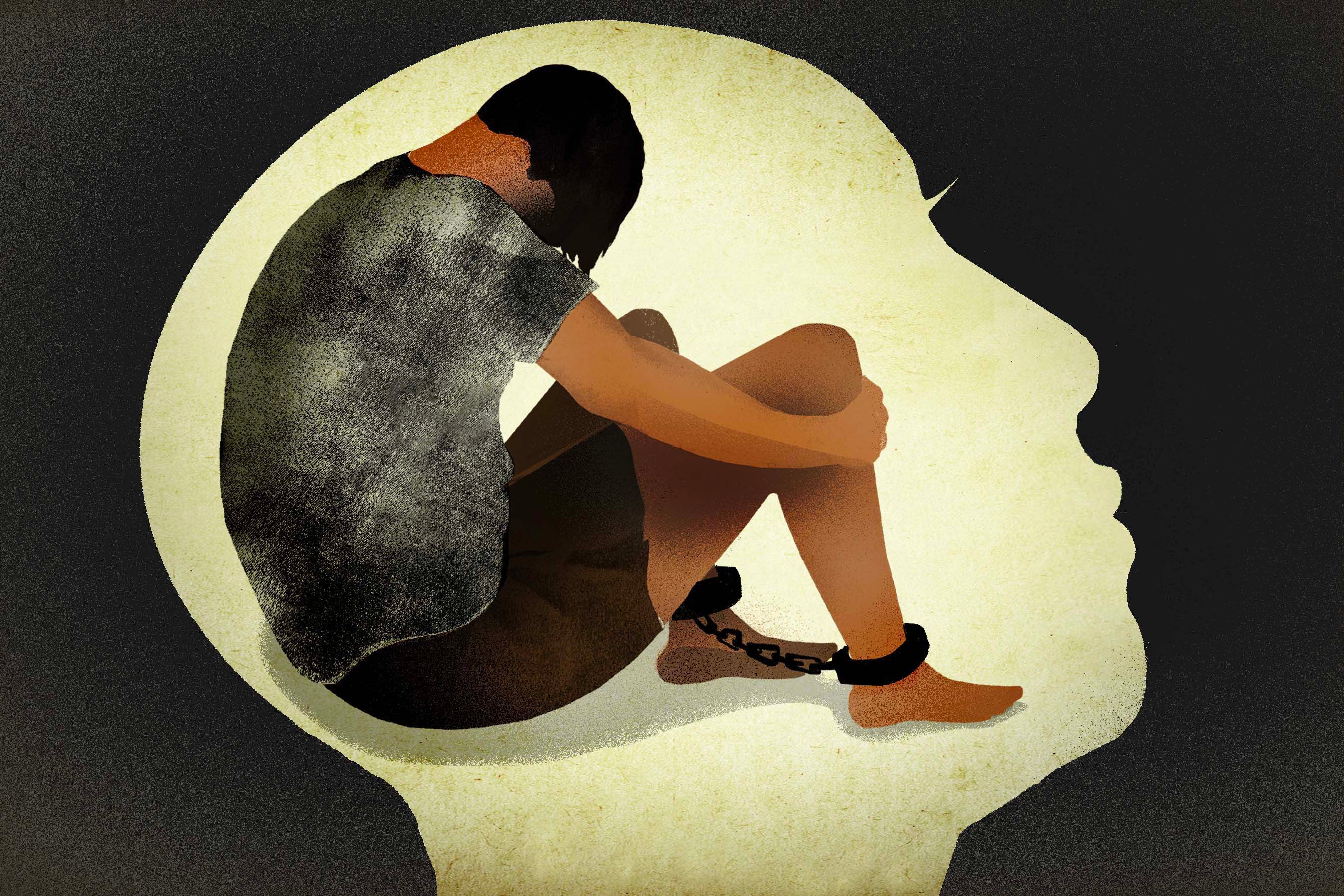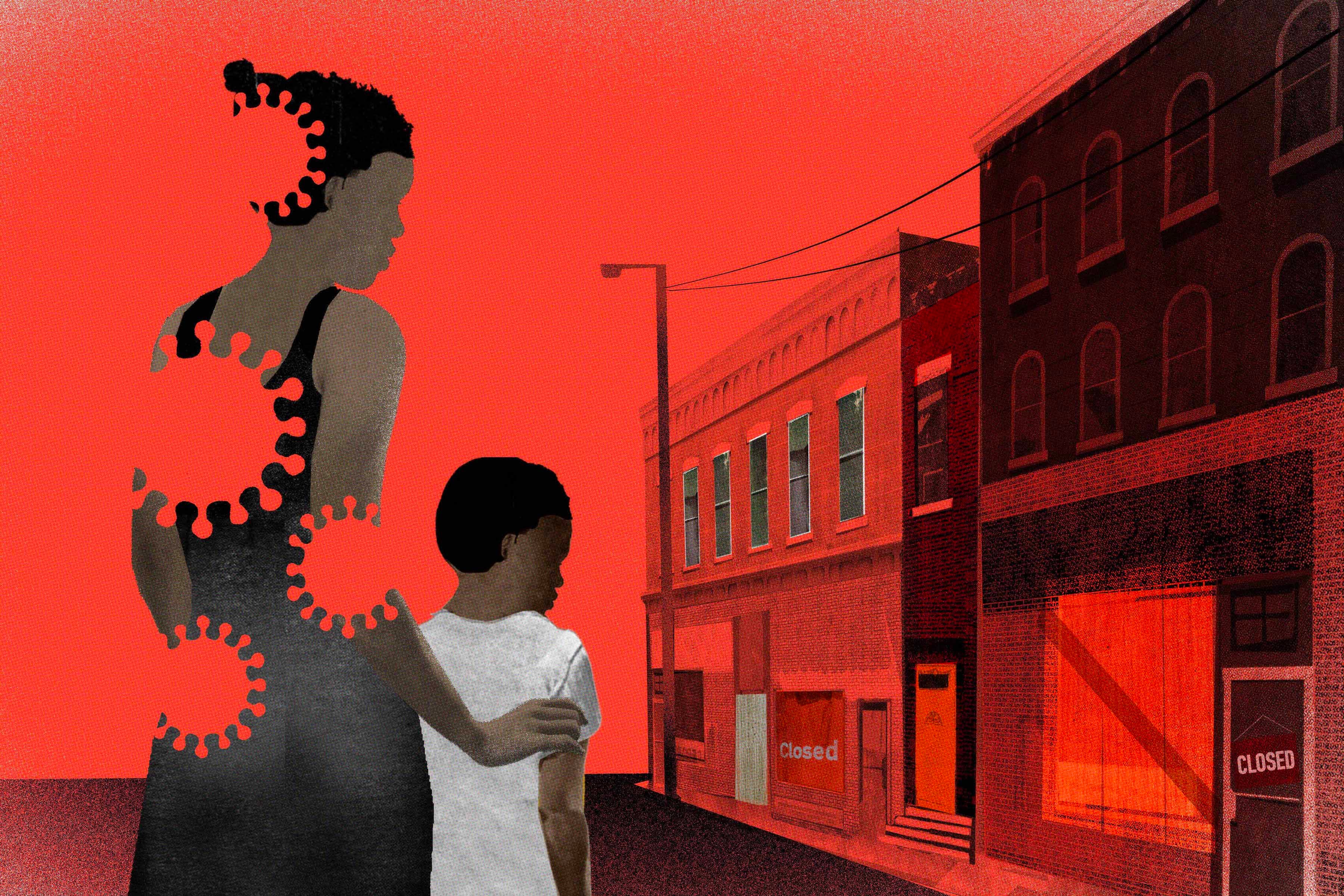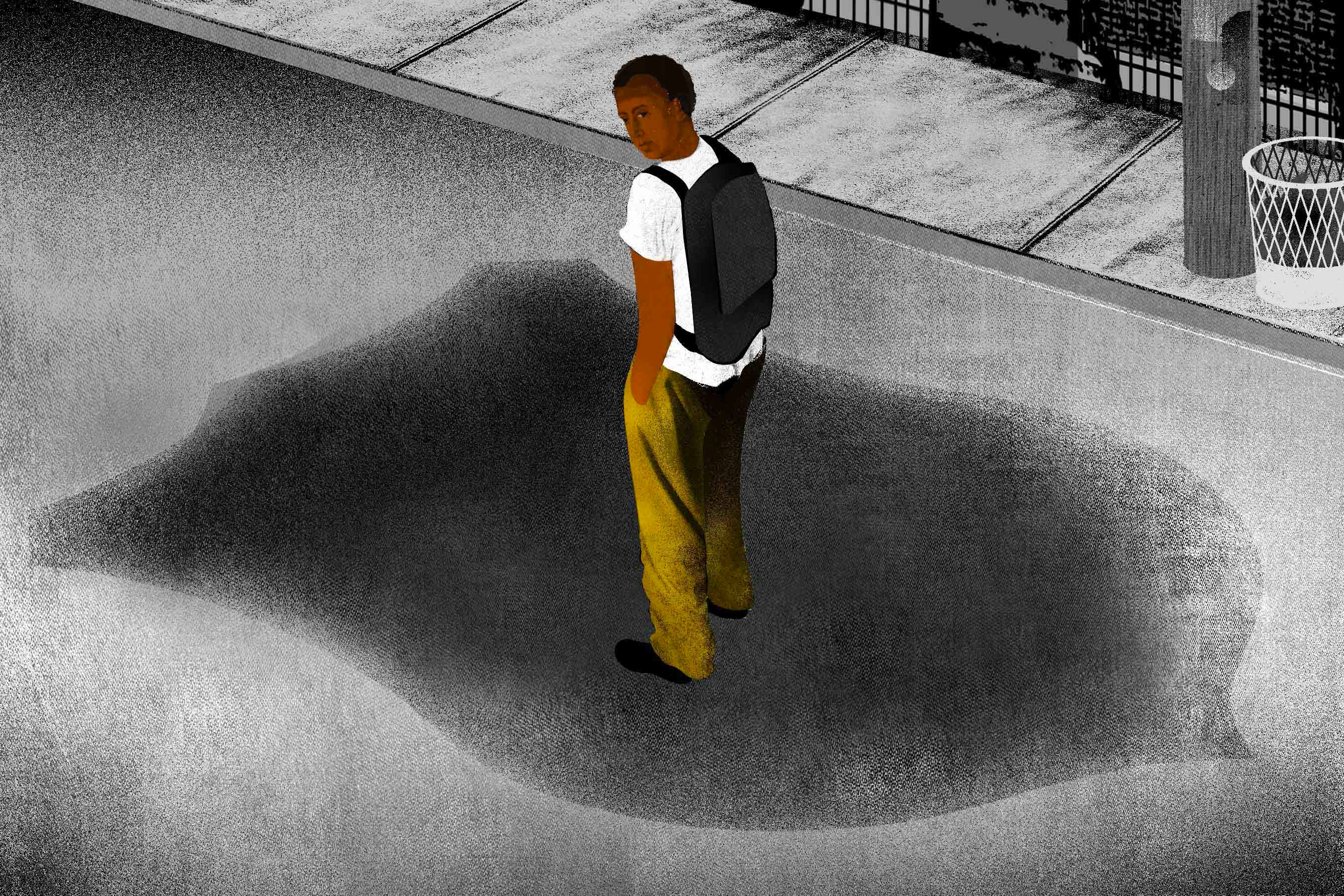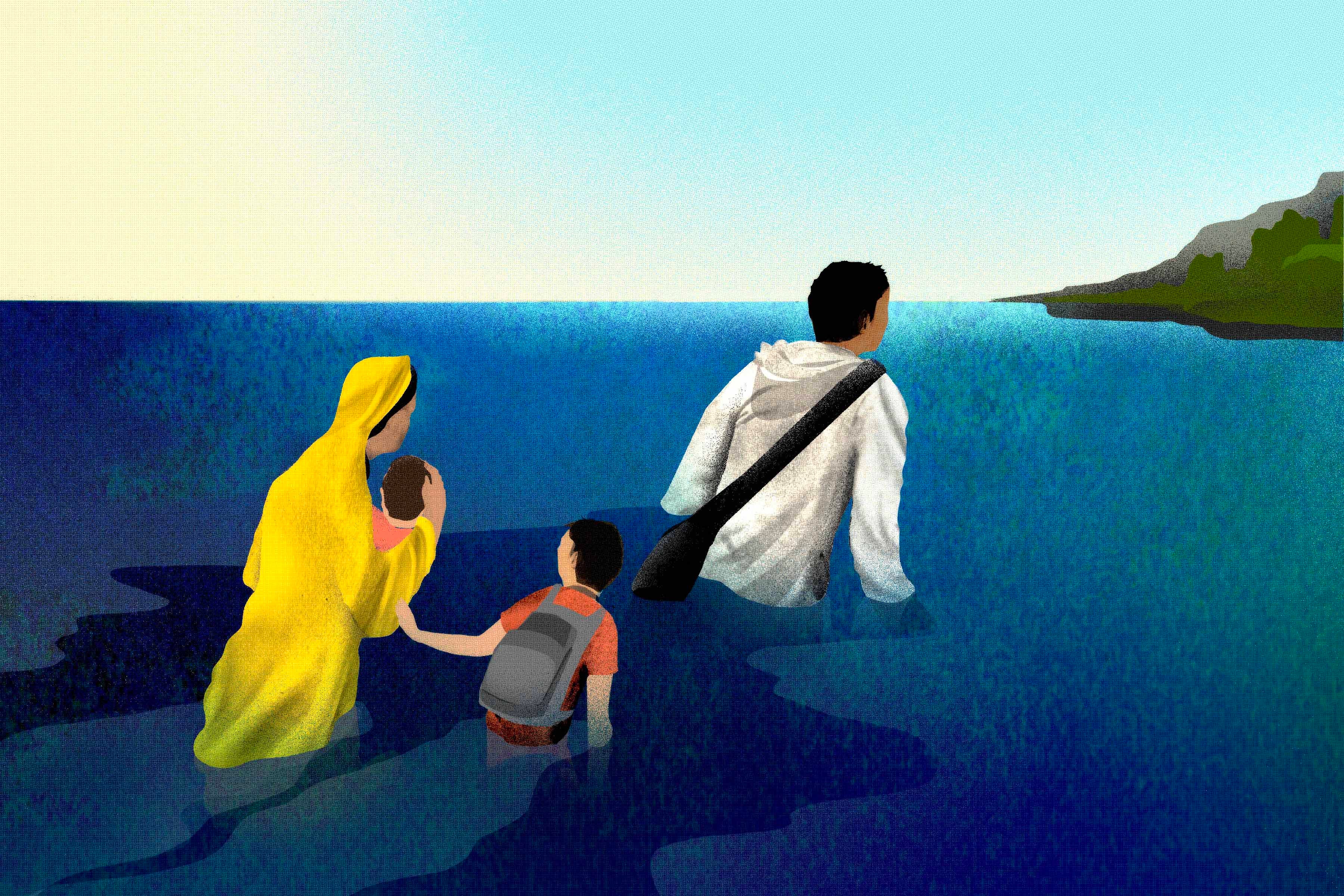Morocco cracked down harder on social media commentators, artists, and journalists critical of the monarchy. Despite a press code devoid of prison sentences as punishment, authorities continue to resort to penal code articles to imprison critics. Before protests and public meetings were prohibited to contain the spread of the Covid-19 virus, authorities had already banned several public meetings of opposition groups and continued to impede the activities of some human rights groups. Laws restricting individual freedoms remained in effect.
Criminal Justice System
The Code of Penal Procedure gives a defendant the right to contact a lawyer after 24 hours in police custody, extendable to 36 hours. But detainees do not have the right to have a lawyer present when police interrogate or present them with their statements for signature. Police agents often coerce or otherwise pressure detainees to sign self-incriminating statements, which judges later rely on to convict.
In prisons, some high-profile detainees were kept in isolation 23 hours per day and deprived of contact with other inmates, a cruel form of treatment that violates international standards. Abdelqader Belliraj, a dual Moroccan and Belgian citizen, sentenced to life in prison in 2009 after an unfair trial for terrorist plotting, had been held in such conditions for three years, until August 2020, according to his relatives.
Freedom of Association and Assembly
Authorities continued to impede the work of the Moroccan Association for Human Rights (AMDH), the country’s largest human rights group. The AMDH said that, as of September 2020, 79 of its 99 local branches faced a situation where authorities had declined to process their administrative formalities, impeding their ability to carry out functions like opening new bank accounts or renting space.
According to the AMDH, authorities banned at least 13 public meetings, public protests and other public events called for by opposition groups or parties across the country, in January and February.
In March, authorities banned public protests as part of a package of measures to contain the spread of the Covid-19 virus.
Freedom of Expression
Morocco has in recent years arrested, prosecuted, and imprisoned several activists and independent journalists on questionable charges, including sex outside of wedlock. Some of these trials appeared to be politically motivated or failed to guarantee due process for all parties.
On July 29, noted journalist and human rights activist Omar Radi, whose smartphone was previously infected by a spyware that only governments have access to, was arrested under a string of accusations including espionage, harming external and internal state security, public drunkenness, and tax evasion. The two first charges, which stem from his work as a journalist and researcher, appear to be based on slim evidence. The same judicial case against him also includes a rape charge following an accusation brought by a female colleague against Radi. He denies the accusation and says the sexual encounter was consensual. His accuser, who has stepped forward publicly, has a right to be heard and respected, and, like Radi, a right to fair judicial proceedings. A judge rejected Radi’s request for pretrial release. At time of writing, he was still imprisoned, and subjected to a judicial investigation that could last up to a year.
On July 16, a collective of 110 Moroccan journalists denounced a handful of news websites that they called “slander media” because of their incessant and seemingly coordinated attacks against Moroccan journalists, activists, and artists critical of the authorities. Known for their proximity to security services, these websites have published in the past years hundreds of articles including private information on targeted individuals.
The information included sex tapes, banking and property records, screenshots of private electronic conversations, allegations about sexual relationships (or threats to expose them), identities of roommates, and biographical details, sometimes as far back as their childhood, complete with information on the parents of the targeted individuals.
Between September 2019 and January 2020, authorities arrested and prosecuted at least 10 activists, artists, students, or other citizens in different cities for their nonviolent, critical commentary on authorities via Facebook posts, YouTube videos, and rap songs. They were sentenced to prison on such charges as showing a “lack of due respect for the king,” “defaming state institutions,” and “offending public officials.”
Authorities prosecuted all of these speech offenses, not under the Press and Publications Code, but under the penal code. The penal code, unlike the Press and Publications Code, punishes nonviolent speech offenses, including “causing harm” to Islam or the monarchy, and “inciting against” Morocco’s “territorial integrity,” a reference to its claim to Western Sahara, with prison terms.
On February 18, an appeals court in Settat, south of Rabat, confirmed the four-year sentence pronounced by a first instance court against Mohamed Sekkaki, 30, a popular YouTube commentator also known as “Moul Kaskita” (“The Man with the Sports Cap”). Because he posted a video criticizing King Mohammed VI, he was accused of “offending institutions of the State” and “lacking due respect to the king.”
On July 15, an appeals court in Khemisset, east of Rabat, confirmed the three-year sentence pronounced by a first instance court against Mohamed Ben Boudouh, a Facebook commentator also known as “Moul Hanout” (“The Shop Owner”) and Youssef Moujahid, a bank employee, who created a YouTube channel that publishes commentary videos on Moroccan affairs. Both men were accused of “insulting constitutional institutions [and] public officials,” Ben Boudouh because he published a video on Facebook criticizing King Mohammed VI’s lavish lifestyle, and Moujahid for publishing excerpts of that video on his channel.
On September 10, an appeals court in Tetouan confirmed the two-year sentence pronounced by a first instance court against Said Chakour, 23, a day worker, for “insulting public officials.” A month earlier, because he received what he believed was insufficient attention and medical care in a public hospital after he was involved in a traffic accident, Chakour appeared in a YouTube video, insulting hospital personnel and Moroccan officials at large, including King Mohammed VI.
Western Sahara
The United Nations-sponsored process of negotiations between Morocco and the Polisario Front, the liberation movement that seeks self-determination for Western Sahara, most of which is under de facto Moroccan control, remained stalled after the resignation in May 2019 of Horst Kohler, the envoy of the UN secretary-general. Kohler had not been replaced at time of writing. Morocco proposes for Western Sahara a measure of autonomy under Moroccan rule but rejects a referendum on independence, which the conflict parties agreed upon in the context of a UN-brokered ceasefire in 1991.
Moroccan authorities systematically prevent gatherings in the Western Sahara supporting Sahrawi self-determination, obstruct the work of some local human rights nongovernmental organizations, including by blocking their legal registration, and on occasion beat activists and journalists in their custody and on the streets.
On September 29, in response to the creation of the “Sahrawi Organ against Moroccan Occupation,” a new pro-independence group by well-known activist Aminatou Haidar and others, a prosecutor in El-Ayun published a communique announcing the opening of a judicial investigation for “activities (aiming at) harming the kingdom’s territorial integrity.” The same day, police surrounded the house of five members of the new group, including Haidar. One of them told Human Rights Watch on October 5 that police cars had been following them whenever one of them left their home and prevented guests from visiting.
Walid El Batal, a pro self-determination Sahrawi activist, remained in prison after an appeals court in El-Ayoun, Western Sahara’s largest city, sentenced him in October 2019 to two years for “rebellion” and insulting police officers. On February 25, authorities told Human Rights Watch that they opened an investigation following the publication on YouTube, nine months earlier, of a video showing police agents severely beating El Batal and one other person upon arrest. The content of that investigation was not made public at time of writing, even though authorities told Human Rights Watch that tribunals in Smara and El-Ayun have prosecuted or investigated six police agents for illegal use of violence, in relation to El Batal’s arrest. Human Rights Watch was not able to verify that information independently.
In 2020, 19 Sahrawi men remained in prison after they were convicted in unfair trials in 2013 and 2017 for the killing of 11 security force members, during clashes that erupted after authorities forcibly dismantled a large protest encampment in Gdeim Izik, Western Sahara, in 2010. Both courts relied almost entirely on their confessions to police to convict them, without seriously investigating claims that the defendants had signed their confessions under torture. The Cassation court, Morocco’s highest judicial instance, confirmed the appeals verdict on November 25.
Women’s and Girls’ Rights
The Family Code discriminates against women with regard to inheritance and procedures to obtain divorce. The code sets 18 as a minimum age of marriage but allows judges to grant “exemptions” to marry girls aged 15 to 18 at the request of their family. In 2018, 40,000 such exemptions were granted, amounting to almost 20 percent of marriages recorded during the year, in what then-Justice Minister Mohamed Aujjar called "an alarming increase."
While Morocco’s 2018 Violence against Women law criminalized some forms of domestic violence, established prevention measures, and provided new protections for survivors, it required survivors to file for criminal prosecution in order to obtain protection, which few can do. It also did not set out the duties of police, prosecutors, and investigative judges in domestic violence cases, or fund women’s shelters. Women’s rights groups warned of risks of heightened domestic violence cases during Covid-19 lockdown restrictions and called for an urgent plan from the authorities to respond effectively to it. They reported an increase in domestic violence during lockdown months, while the authorities noted that the number of complaints to the authorities and prosecutions decreased during lockdown restrictions.
Women in Morocco revived their #MeToo movement. The Masaktach (“I will not be silent”) collective published dozens of anonymized testimonies of women reporting sexual violence and connected women to each other when they accused the same assailant. Morocco’s law does not explicitly criminalize marital rape, and women who report rape can find themselves prosecuted instead for engaging in sexual intercourse outside marriage if authorities do not believe her.
Another online movement, the Diha F’Rassek (“Mind Your Own Business”) movement was also launched to fight back against dozens of “revenge porn” accounts that appeared online during the country’s coronavirus lockdown. They reported that 300 women and girls had contacted them about online abuse.
Domestic Workers
A law that took effect in 2018 provides domestic workers with labor protections, including mandatory labor contracts, mandatory days off, minimum age, minimum wage, and maximum working hours guarantees. It imposes fines on employers who violate the law, and prison sentences for some repeat offenders. However, the government did not engage in any noticeable communication efforts to make sure the general public, including domestic workers and employers, are aware of the existence of the law. During the Covid-19-related lockdown, some domestic workers were trapped at their employers’ homes, overworked, and unable to get back to their families, according to media reports.
Right to Private Life and Sexual Orientation
Consensual sex between adults who are not married to one another is punishable by up to one year in prison. Moroccan law also criminalizes what it refers to as acts of “sexual deviancy” between members of the same sex, a term that authorities use to refer to homosexuality more generally, and punishes them with prison terms of up to three years.
In April, multiple individuals conducted a campaign of online harassment of presumed gay and bisexual men. Moroccan LGBT activists told Human Rights Watch that the “outing” campaign had led to some families expelling suspected homosexuals from their homes. It caused panic among people who sought to protect their privacy due to the social stigma toward homosexuality and the legal prohibition of same-sex relations.
In a memorandum published in October 2019, the National Human Rights Council, a state-appointed body, recommended decriminalizing consensual sex between non-married adults. More than 25 nongovernmental organizations expressed support for the recommendation. The Moroccan government did not act upon it.
Refugees and Asylum Seekers
The government has yet to approve a draft of Morocco’s first law on the right to asylum, introduced in 2013. As of August 2020, the Ministry of Foreign Affairs had granted, or started the administrative process for granting, refugee cards, along with special residency permits and work authorizations to 812 persons, most of them sub-Saharan Africans, whom the UN High Commissioner for Refugees (UNHCR) had recognized. All of the 7,561 refugees recognized by UNHCR since 2007 have access to public education and health services, but only about half of them have regular residency permits and work authorizations, according to the UNHCR.
